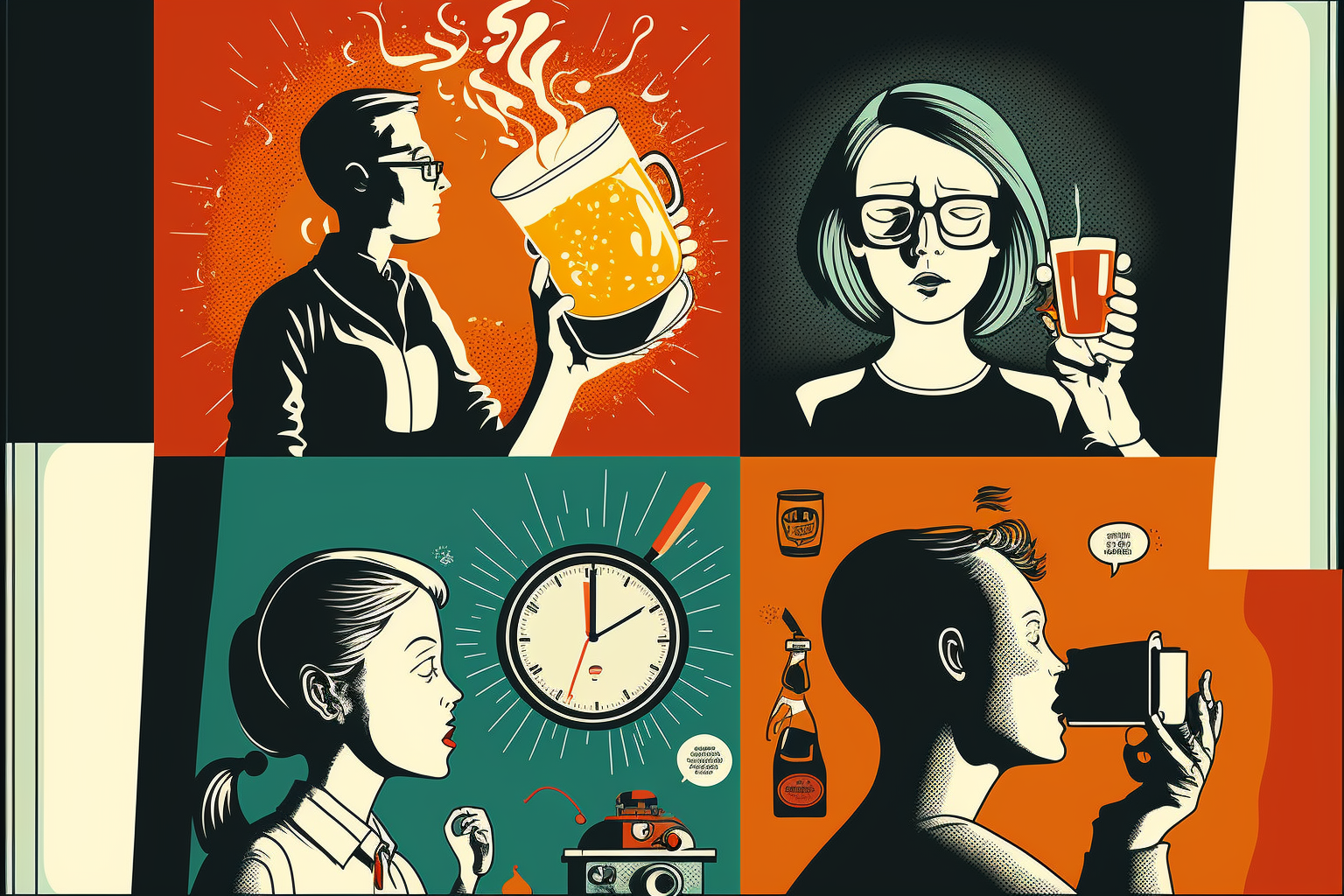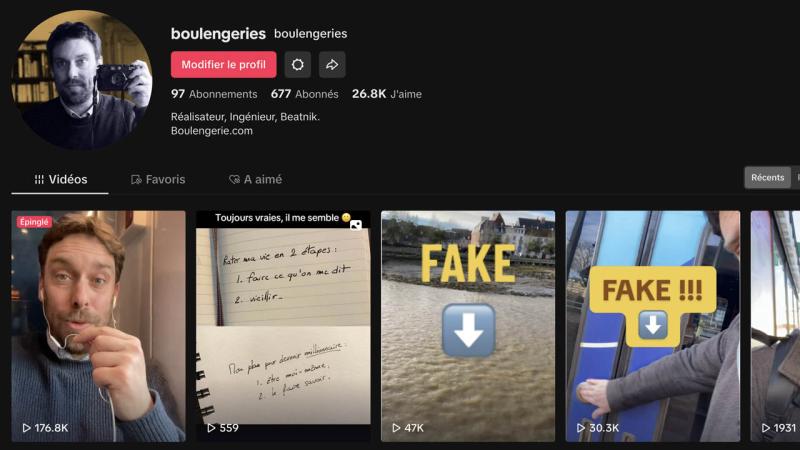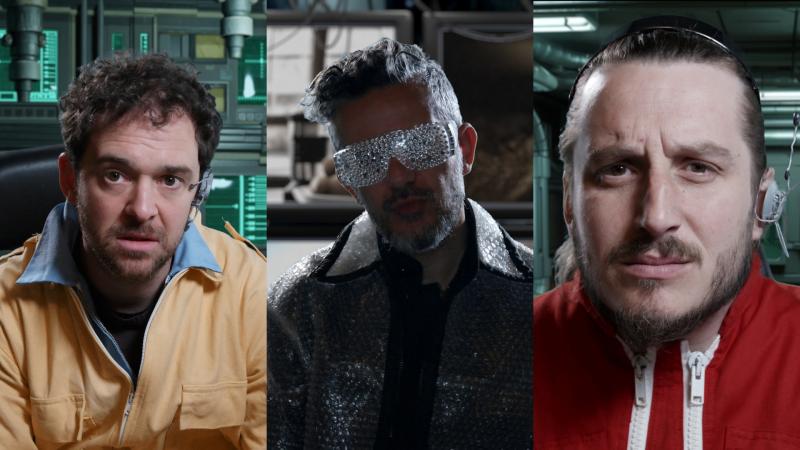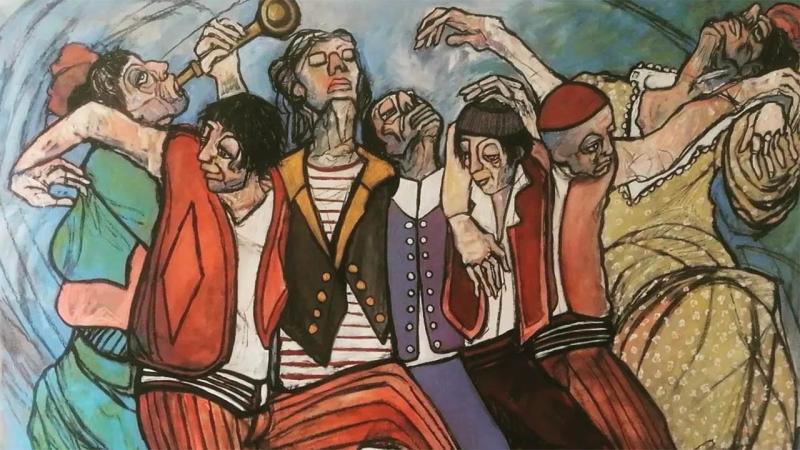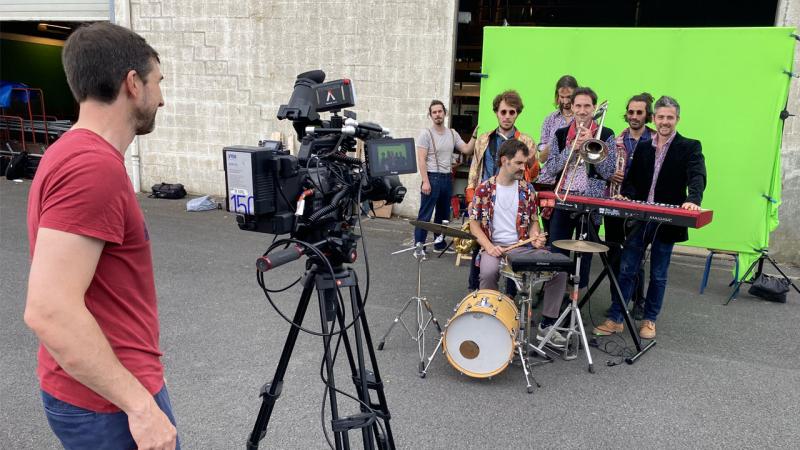Our habits are a boon and a curse.
A boon because we don't have to reinvent the wheel every time. We can rely on the routine we've built for ourselves: the same actions, performed in the same order, produce the same results. We can't put everything into question every morning, can we?
A curse because they imprison us. Once they're in place – for years, sometimes decades – they are extremely difficult to transform. We do what we do because we don't know how to do otherwise.
A habit does not require mental energy. By performing the same actions everyday ans following the same automatisms, we put part of our life on autopilot in order to be available for the rest. But when we want to change – stop smoking, start exercising, stop biting our nails – the effort required to implement this change consumes energy that suddenly becomes unavailable elsewhere. Everything else becomes that much more difficult.
We are the sum of our habits.
Many traits that we think are part of our identity are actually habits that we could change. What psychologists call "the declarative" ("I am like this, I like that, I hate this and that, I always do such and such thing, etc") is often an excuse to justify a way of doing things that we don't have the energy to change.
And a small dose of fatality can be reassuring sometimes. It's easier to say "I am like that" than to try to do something about it.
This link between identity and habit is very well described by James Clear in Atomic Habits. Our culture level today depends our reading habits over the past decade. Our health today is the result of our eating and sports habits over the past ten years. Our finances, the consequence our work habits and savings of the last ten years.
And the person we will become in ten years is the result of the habits we put in place today.
But what I find fascinating (and what has become a source of steady progress in my life) is acknowledging how little we know about the genesis of our habits.
Most of the time, we don't know where our habits come from or how they were born. The older they are, the less we know. And since they control such a large part of our life, it means that, most of the time, we have no clue why we do things. Worse: when we're asked the question, we start making up stories, fabricating excuses : "Well you know, I am like that", mixing murky stories about our past with new beliefs and opinions about society... Everything rather than admitting that we don't know.
Think about it: why do you eat three times a day? Where does your relationship with work, success and failure come from? How did your addictions start? Your passions ? Why do you listen to this music, watch these shows, trust this group over this one?
Where does it all come from? From your parents? From school ? From television? From Work ?
And above all: if you don't know how or why these habits have taken hold, how do you know if they are really good for you?
